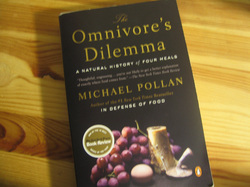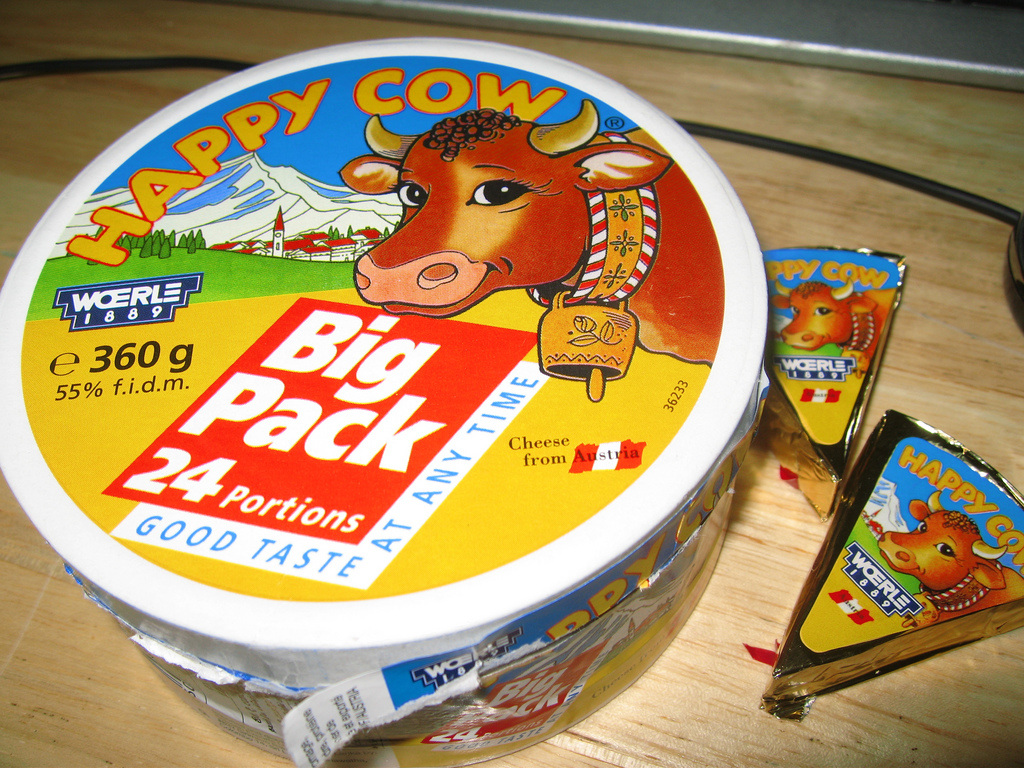This week, we move on to the second half of the list. We're starting off with a doozy....
Banned Food #5: Chicken Containing Arsenic
Most people are aware of arsenic as a potent toxin (commonly used to off people in mystery novels), but did you know that it is fed to the conventionally raised chickens that end up on your dinner table? Arsenic-based drugs are often added to chicken feed to make the chickens gain weight faster, and also to make the meat appear pinker (corn-fed chickens usually have very pale flesh since they don't get to eat their natural diet of green grass and plants, which makes the meat of pasture-raised chickens naturally pink and fresh looking).
Arsenic has never been approved as a safe additive to animal feed in the European Union, and several groups are lobbying the FDA asking for its removal in the U.S. as well. But until that happens, it's up to you to protect yourself against this toxic carcinogen.
How to Avoid It:





 RSS Feed
RSS Feed